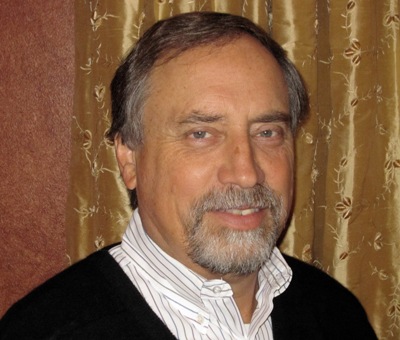 Gordon Massie was your average, guy-next-door, high-yield bond and investment manager who happened to work at… American International Group (AIG).
Gordon Massie was your average, guy-next-door, high-yield bond and investment manager who happened to work at… American International Group (AIG).
(Whoa, wait-a-second, Jim! Don’t tell me you’re making one of those high-finance, me-first, Wall Street types Ethical Hero of the Month?)
Six months ago I received a call from Gordon and what he told me over the next hour of conversation curled my hair. It represented all the worst qualities of Wall Street, but his personal story was a positive example of how one individual can make a difference even at the cost to his own career.
Gordon was responsible for the management of American General’s $3 billion high-yield bond portfolio for 16 years. At AIG (which acquired American General in 2001) he was the head of the Leveraged Finance Group with management responsibility for 60 investment professionals and nearly $20 billion of invested assets, including high-yield bonds, bank loans, emerging market debt, and distressed/bankrupt assets.
Not long after joining AIG – once the 18th largest company in the world – Gordon discovered that the company was actively covering up accounting fraud from 2002 to 2005.
“I became a whistleblower,” Gordon says, “an ordinary person who finally plucked up the courage to point out that my company, AIG, had done the wrong thing on my watch.
“You may ask why a normal guy with a family to support would volunteer for such a thing. I am neither belligerent nor especially righteous. But my company had committed accounting fraud and shareholders had been cheated. I agonized about it for months, scared of what might happen if I did speak up and equally nervous about what might happen if I didn’t. When I finally decided I couldn’t keep quiet about it, I followed company protocol, putting it all down in a memo, copying the appropriate people. No media, no publicity, no drama.
“The results were swift and predictable — the decision was made to make sure I would serve as an example to any other potential whistleblowers. When I wrote that fateful memo, I was managing a $20 billion high-yield bond and bank loan department. A few short weeks later I was managing nothing but the credit cards in my pocket, staring at an empty wall beside a silent phone. My thirty-year career was over.
“Now I know why we don’t blow the whistle on wrongdoing more often.
“But we should, and we can.”
Comments










